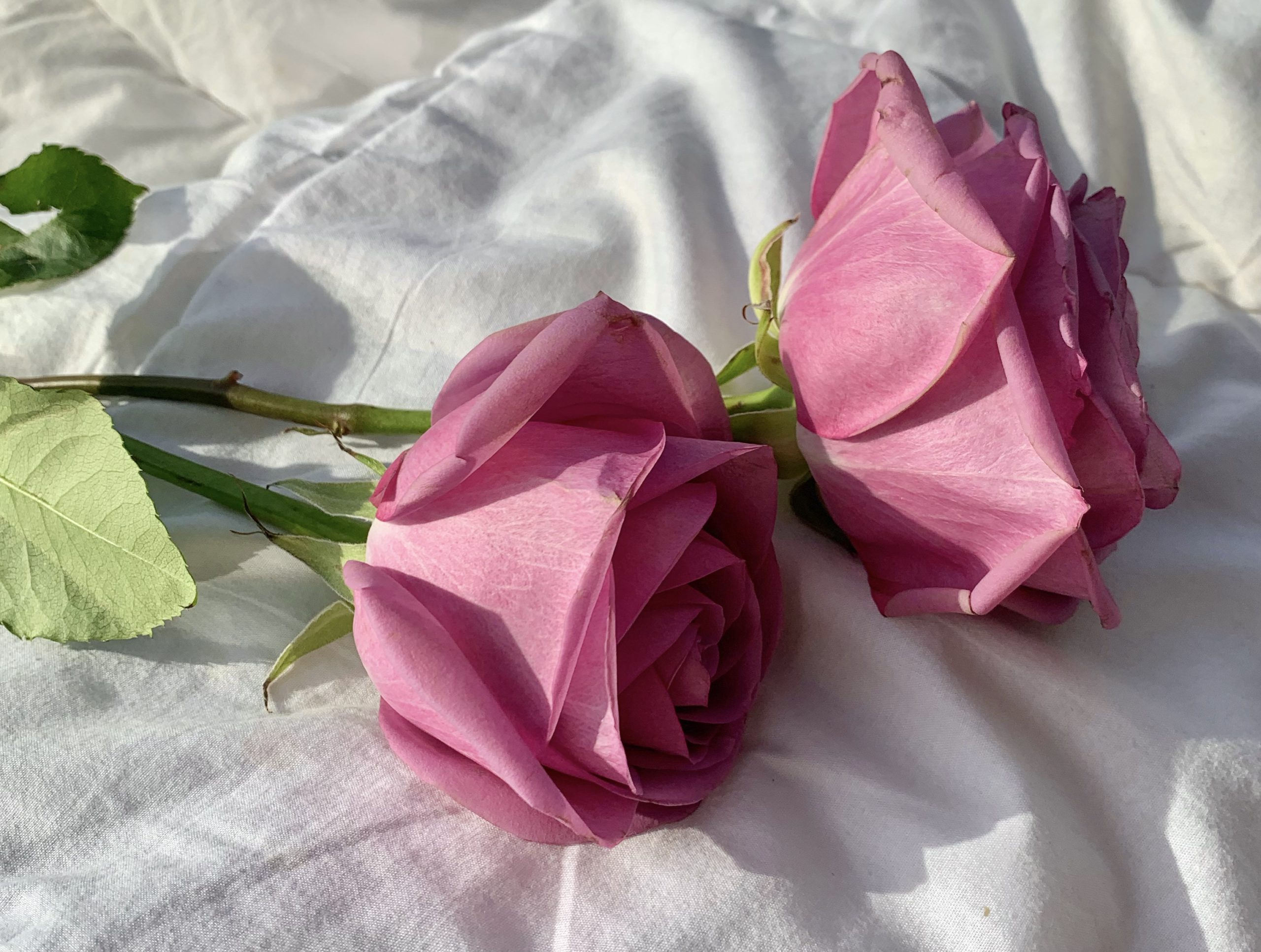What is love? Haddaway’s famous 1993 single (baby don’t hurt me!) pondered a question we have likely all wondered at some point. It’s a compelling emotion we’ve all experienced, and probably in many different ways. We feel love for our families, our significant others, and even our pets. But what does this emotion look like on a physiological level?
“I would describe being in love as something similar to a high,” says third-year sociology student Tara Monk. “It’s very exciting and something that makes all aspects of life feel better.”
Human beings are inherently social creatures and bonding with one another is simply in our nature. Dr. Vivian Zayas, associate professor of psychology at Cornell University indicated that forming bonds is a reinforced outcome of evolution.
“It’s important for us to eat, so eating is pleasurable. It’s important to procreate, so sex is pleasurable. It’s important to maintain these relationships, so interactions are pleasurable. Part of self-esteem is not just how you view yourself in the abstract, but how you think other people value you,” said Zayas to The Cornell Daily Sun.
Humans and animals alike engage in something known as pair bonding, which is defined as the formation of a close relationship through courtship and sexual activity with one other person. From a biological perspective, there are two types of pair bonds: one being the social pair bond, and other being the sexual pair bond.
The social pair bond is a strong behavioural and psychological relationship between two individuals that differs psychologically and emotionally from the standard idea of friendships or acquaintanceship, but remains platonic and within the bounds of an emotional connection.
The sexual pair bond, on the other hand, is both a behavioural and physiological bond occurring between two individuals which, as the name indicates, finds its roots in a strong sexual attraction. This form of bonding typically results in participants preferring to have sex with one another instead of activities outside of this that may be found in other types of bonds.
During the ‘attraction’ phase of meeting someone you are interested in, it’s your body that’s leading the way, according to Helen Fisher, biological anthropologist at Rutgers University.
Fisher indicated that initial attraction is usually superficial, such as someone’s physical features, their scent, or how they make you laugh. This, according to Fisher, comes down to nothing more than sex drive, or “the craving for sexual gratification.” The driving factors for this attraction are estrogens and androgens — the female and male sex hormones that push humans to reproduce.
The feeling of being in love with someone, however, is a little different, according to Arthur Aron, social psychologist and professor at Stony Brook University in New York. Aron has conducted numerous studies on relationships and bonding, and found based on participant responses that a sense of feeling similar, as well as the ability to let your guard down and feel comfortable around someone are what drives a long-lasting relationship.
“Initial attraction and long-term relationships are definitely two very separate things,” says second-year accounting student Christine Cheung.
“First impressions can make you feel a certain way, but a lot of the time, as you get to know more about a person, you come to the realization that something serious may not work out.”
Though they have their differences, both types of bonds are developed through social interactions along with the neurological release of hormones such as oxytocin, vasopressin, dopamine, and corticosterone. These hormones allow for us to feel the connectedness and attachment for one specific individual.
The intricate and complicated social systems among humans allow for sexual and social relationships to be developed across different genders and sexual orientations as well. It’s also important to note that our sexual pair bonding is not limited to reproduction.





Baby don’t hurt me. No more.